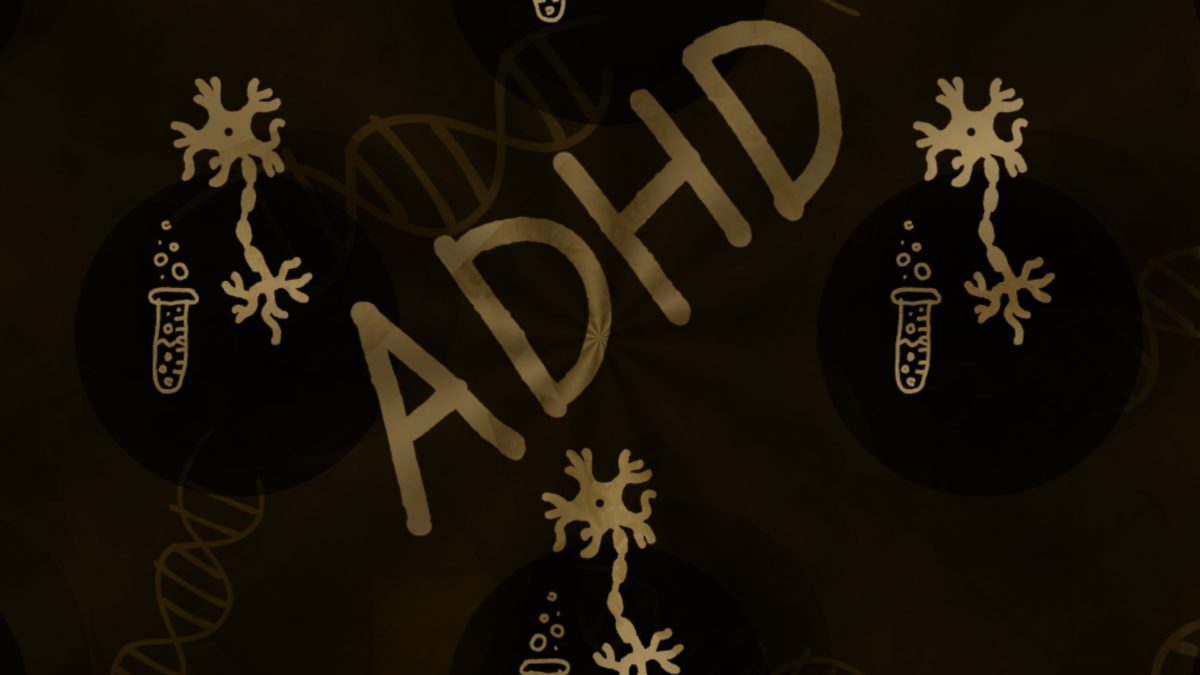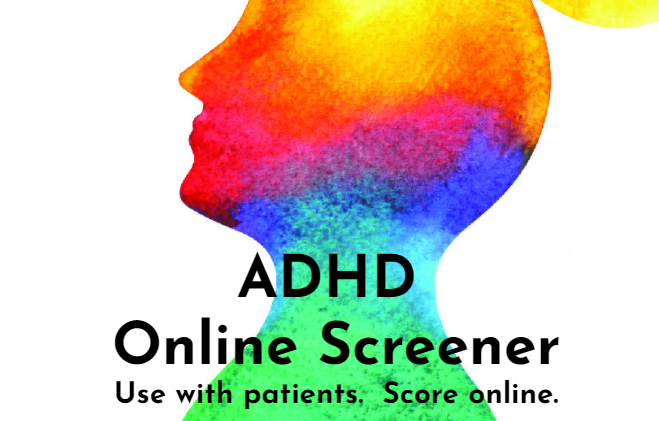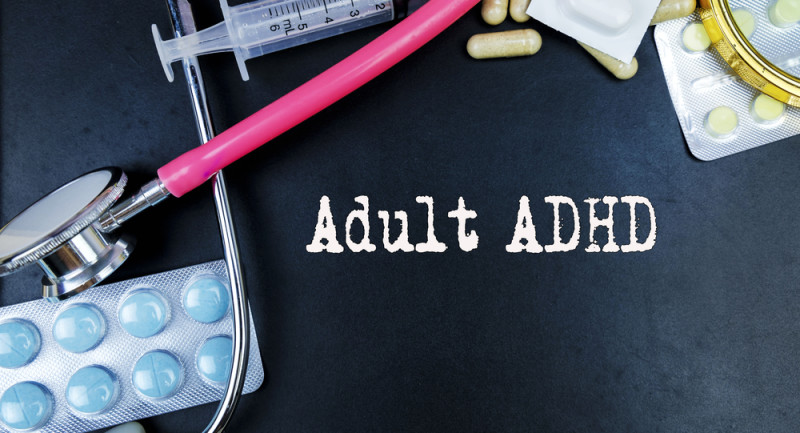Pharmacological Treatment of Comorbid ADHD
ADHD CME
Pharmacological Treatment of Comorbid ADHD
Overview
This webcast was recorded live and is being used with the permission of the presenter.
In this 1-hour session, Joseph Biederman, MD discusses ADHD medications and how to handle psychiatric comorbidities such as: depression, anxiety, phobia, OCD, Tourette’s, nictotine dependence, and alcoholism.
Only 20% of ADHD adults are diagnosed and treated.
So most of what clinicians will see in clinical care first are other mental and behavioral health disorders that accompany ADHD.
40% of ADHD patients have nicotine dependence.
30% of ADHD patients show alcohol abuse.
50% of ADHD patients have major depressive disorder.
50% of ADHD patients have anxiety disorder.
If you don’t know about or treat the underlying ADHD, standard medical protocols will not relieve the other disorders we’ve just mentioned.
At the conclusion of this CME Activity, primary healthcare professionals will be able to:
- identify which adult adhd symptoms to treat first
- which combinations of adhd medications and cognitive behavioral therapy to use
- reduce the risk for these comorbidities by treating ADHD as early as possible in the patient’s life.
- distinguish what symptoms of ADHD can be reduced by medications, and which symptoms respond better to other treatments.
Presented by
Joseph L. Biederman, MD
Chief of the Clinical and Research Programs in
Pediatric Psychopharmacology and Adult ADHD
Massachusetts General Hospital
Professor of Psychiatry
Harvard Medical School
Boston, Massachusetts






